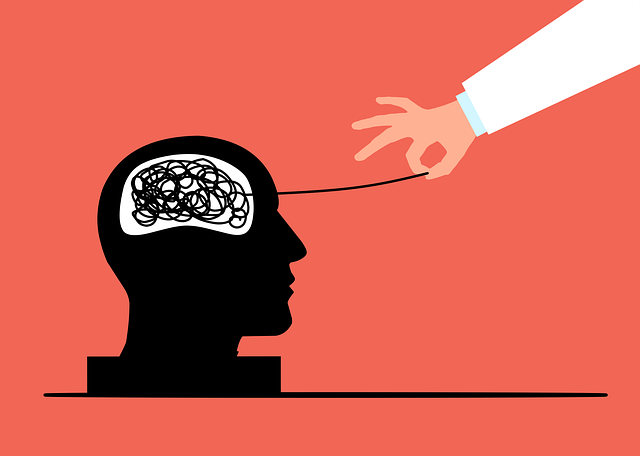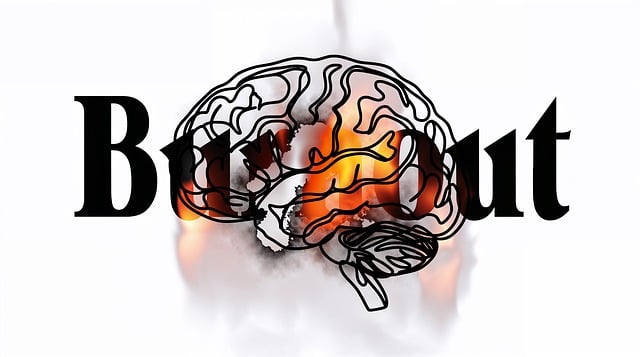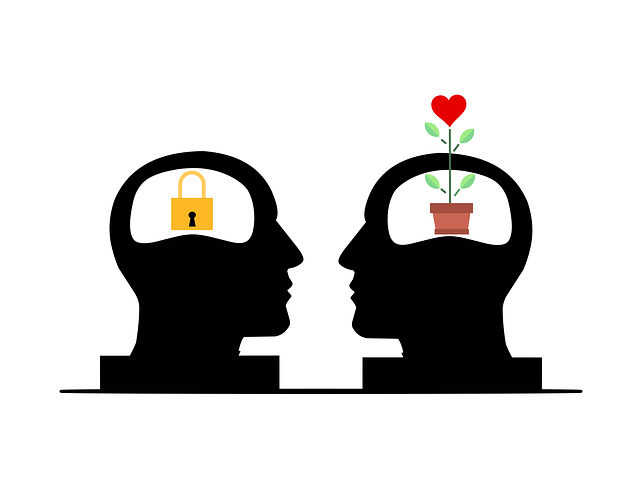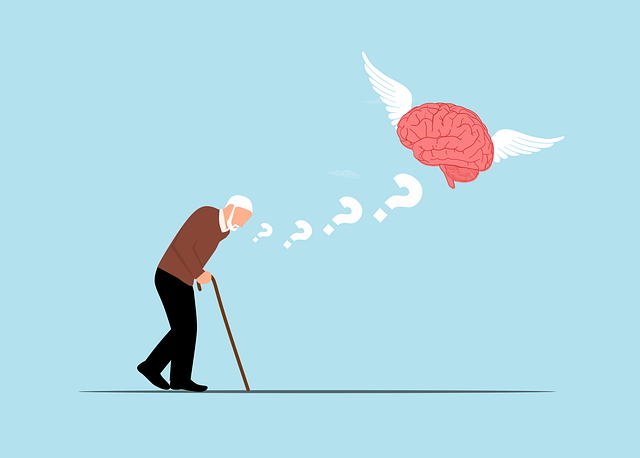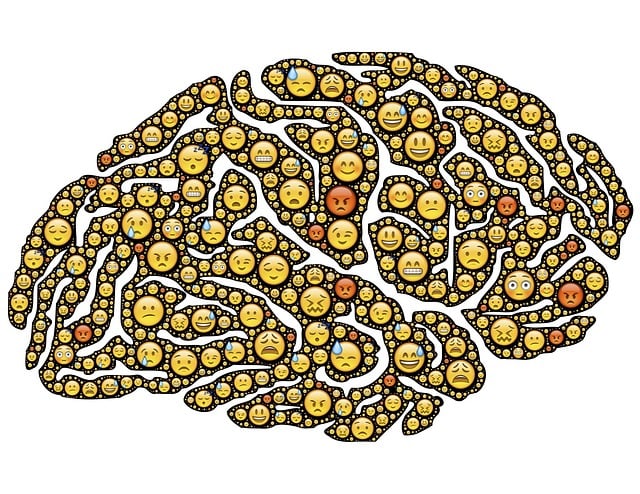In a world where chronic illnesses take a significant psychological toll, specialized support like Golden Chronic Illness Therapy (GCIT) is vital. GCIT offers personalized coaching, combining evidence-based therapies, stress management, and emotional intelligence training to empower individuals with chronic conditions. By focusing on self-awareness, self-acceptance, and social connections, these programs enhance mental wellness and quality of life. Integrating GCIT techniques into a comprehensive mental wellness coaching program, tailored to specific needs, improves outcomes through continuous evaluation and refinement, aligning with best practices in chronic illness therapy.
Mental wellness coaching programs are gaining prominence as essential tools for fostering resilience and managing chronic conditions. This article explores the development of “Golden Chronic Illness Therapy,” a comprehensive approach designed to empower individuals living with chronic illnesses. We delve into key principles, effective techniques, and practical strategies for implementing and evaluating this innovative therapy. By understanding the need for tailored mental wellness coaching, you can create programs that significantly enhance clients’ lives.
- Understanding the Need for Mental Wellness Coaching Programs
- Designing Golden Chronic Illness Therapy: Principles and Techniques
- Implementing and Evaluating the Effectiveness of Your Program
Understanding the Need for Mental Wellness Coaching Programs

In today’s fast-paced world, mental wellness has emerged as a paramount concern, especially with the increasing prevalence of chronic illnesses that often have significant psychological impacts. Golden Chronic Illness Therapy highlights the critical need for specialized support, and Mental Wellness Coaching Programs step into this gap by offering personalized guidance. These programs recognize that managing chronic conditions is not merely a physical challenge but also demands emotional resilience and coping strategies. By focusing on self-awareness exercises, they empower individuals to navigate their mental health journeys effectively.
Self-esteem improvement and communication strategies are integral components of these coaching initiatives. Many chronic illnesses can lead to feelings of isolation and low self-worth, so coaches play a vital role in fostering self-acceptance and enhancing social connections. Through tailored interventions, participants learn to communicate their needs, seek support, and advocate for themselves, thereby improving overall well-being and quality of life.
Designing Golden Chronic Illness Therapy: Principles and Techniques

The development of Golden Chronic Illness Therapy (GCIT) is a pioneering approach within mental wellness coaching programs. This therapeutic framework is designed to empower individuals living with chronic illnesses by focusing on their unique strengths and abilities. GCIT principles emphasize the importance of self-acceptance, resilience, and adaptive coping strategies to navigate the challenges associated with chronic conditions. By combining evidence-based practices such as cognitive-behavioral therapy, mindfulness techniques, and social skills training, coaches create a holistic environment that fosters emotional intelligence and enhances overall well-being.
One of the key techniques in GCIT involves teaching clients effective stress management workshops tailored to their specific needs. These workshops encourage participants to identify triggers, develop personalized coping mechanisms, and incorporate healthy lifestyle changes. Additionally, promoting emotional intelligence through self-awareness exercises and empathy-building activities helps individuals better understand and manage their emotions during stressful situations. This multi-faceted approach ensures that those with chronic illnesses gain practical tools while cultivating a sense of agency in managing their mental wellness over the long term.
Implementing and Evaluating the Effectiveness of Your Program

Implementing a mental wellness coaching program involves careful planning and design, aligning with best practices in chronic illness therapy. It’s crucial to integrate evidence-based techniques such as conflict resolution skills and trauma support services tailored to your target audience. The program should be designed to not only educate but also empower individuals with the tools to manage their mental health effectively. Regularly evaluating the effectiveness of your program through feedback mechanisms, data collection, and measurable outcomes is essential. By gauging participant satisfaction and tracking key performance indicators (KPIs), you can identify areas for improvement and ensure the program delivers tangible benefits, ultimately enhancing its impact and ensuring it remains a valuable resource for those seeking mental wellness support.
Focus on creating a holistic approach that combines Mental Health Education Programs Design with Golden Chronic Illness Therapy principles. This involves fostering an environment of trust, encouraging open communication, and promoting self-care practices. Regularly assessing the program’s success allows for continuous refinement, ensuring it remains relevant and effective in meeting the evolving needs of participants. By adopting these strategies, you can develop a robust mental wellness coaching program that yields positive outcomes, improves overall well-being, and potentially prevents the exacerbation of chronic conditions.
Mental wellness coaching programs, such as the innovative Golden Chronic Illness Therapy, are crucial in addressing the growing need for accessible mental health support. By integrating powerful principles and techniques, these programs can effectively help individuals navigate their challenges and enhance their overall well-being. As we move forward, it’s essential to evaluate and refine these initiatives to ensure they meet the diverse needs of those seeking guidance. Embracing evidence-based approaches like Golden Chronic Illness Therapy paves the way for revolutionizing mental health support in today’s digital era.






